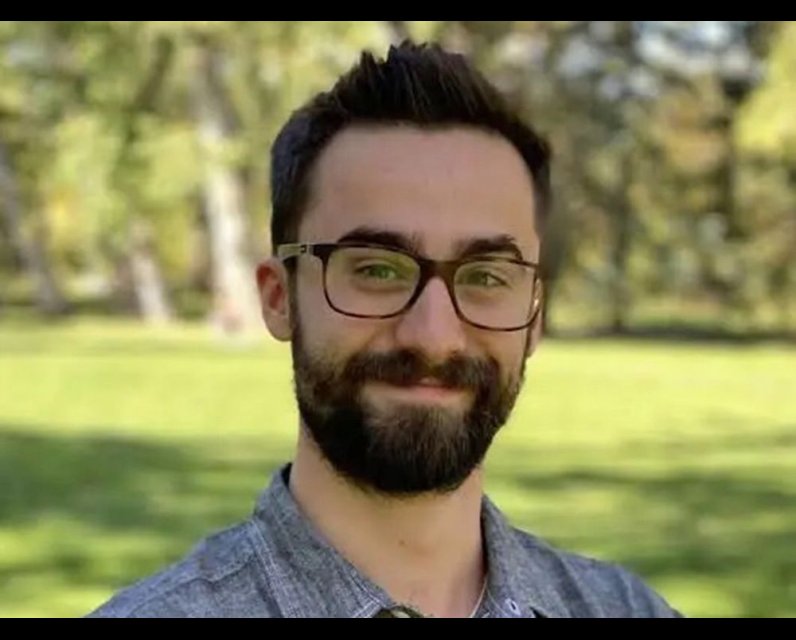Stay informed
He's 28. And doesn't expect we'll hit net zero this century

Prime Minister Mark Carney — celebrated flag bearer for decarbonization — has boldly declared Canada can compete as an energy superpower in a net-zero world. Ahead of Carney’s government’s first budget Tuesday, however, there’s a question being asked by many serious people: “Is this even a net-zero world anymore?”
The Norwegian company Det Norske Veritas (The Norwegian Truth) is now forecasting global net-zero CO2 emissions won’t be reached until the early 2090s.
So I ask energy expert Joe Calnan that very question. Joe is VP of energy for the Canadian Global Affairs Institute, based in Calgary. I’m struck by his youth — he’s not quite 29 — and watch him flinch at my question, but he quickly recovers.
“I think that’s not something that will happen in this century,” his tone wistful. “I’m just less certain, definitely not as convinced as I was back in, say 2021,” he shares. “And even in 2021,” he adds, “I had my doubts.
“International cooperation is really breaking down,” he acknowledges, and it’s hard to foresee a future where the United Nations is able to edict net-zero targets. “Countries are going to be acting very much in their self-interest,” he predicts.
A major challenge, he explains, is the cost of technology to decarbonize; it’s extremely expensive to bring emissions down in cement, steel and fertilizer. “It’ll be difficult to get countries to basically make themselves permanently less wealthy,” he notes, “by making all these things more expensive.”
The “national interest” projects included on Carney’s agenda “definitely indicate there’s some sort of plan to continue having oil and gas production well beyond the 2050 date,” Joe suggests. “You don’t invest in Pathways carbon capture and storage system if you’re not planning on oil and gas production beyond the next 25 years.
“But I think we should be thinking more strategically for Canada and longer term,” Joe asserts. “We should be thinking well beyond 2050,” he declares, then posits, “What’s our infrastructure strategy for 2080?”
Joe’s youthfulness, I realize, is the most consequential aspect of this conversation. Certainly, he understands the energy landscape, but more importantly, Joe can speak to our nation’s bold aspiration to be an energy superpower from the perspective of a younger generation.
“There was a lot of momentum, earlier this year,” he says, “we were going to completely reshape Canadian society and the Canadian economy; we’re going to tear down all these trade barriers between provinces.” Then, he laments, “Canadians started bickering about their regular issues again,” and reverted to status quo complacency.
“You can look at the major projects list,” he continues, “and I think we really need to make a distinction between those projects of national interest versus nation-building projects.”
When you look at Canadian history, he explains, there are some examples of genuine “nation-building” projects: the construction of the Canadian Pacific Railway (to bring British Columbia into Confederation), the TransCanada highway (to connect the country by road), the TransCanada pipeline (to bring natural gas from Alberta to Ontario).
“That kind of nation-building infrastructure ties together Canada economically, and provides cross-Canada benefit for everybody,” he observes. By contrast, Joe suggests, when you look at the current list of nation-building projects for Canada, very few cross provincial boundaries. “With these projects,” he observes, “different premiers were allowed to champion certain projects they really want to be built, but … it doesn’t have this real vision for what Canada wants to have as infrastructure for the next hundred years.”
In a pre-budget speech to a University of Ottawa crowd, Carney shared the feds’ ambitious aim to double non-U.S. exports over the course of the next decade.
While Joe applauds the upside of exporting more oil and LNG to Asia and Europe — and the TransMountain pipeline expansion has already done wonders for Canadian oil prices, he notes — the integration of existing pipeline systems connecting Canada and the U.S. means “we will always be a major energy security partner with the United States.”
Without clear policy support from Ottawa, Joe’s not bullish on the prospects of an additional oil export pipeline being built to the West Coast. There are ways to unlock marginally more export capacity on the TransMountain line, and the export capacity at the Westridge Terminal can be boosted with more dredging. But these incremental improvements aren’t in the realm of nation-building.
Joe and I could nerd out talking about pipelines for hours. But I’m interested in what really matters: Does this young man feel optimistic about his future?
“I have a number of friends who are currently living in the States,” Joe responds. These are kids who were top of their class in Canadian universities, not ideologically American, but they move down to the States because of the opportunity and stay there because it “would be death for their career and current quality of life” to return to Canada.
“We’re always criticizing the U.S.,” Joe says, “but we need to take the beam out of our eye before we take the speck out of our brother’s eye. We should really be looking at home; what are the problems here? And how do we make more opportunity for young people … opportunity to stay here rather than move down to the U.S.?”
Our website is the place for the latest breaking news, exclusive scoops, longreads and provocative commentary. Please bookmark nationalpost.com and sign up for our daily newsletter, Posted, here.


Comments
Be the first to comment